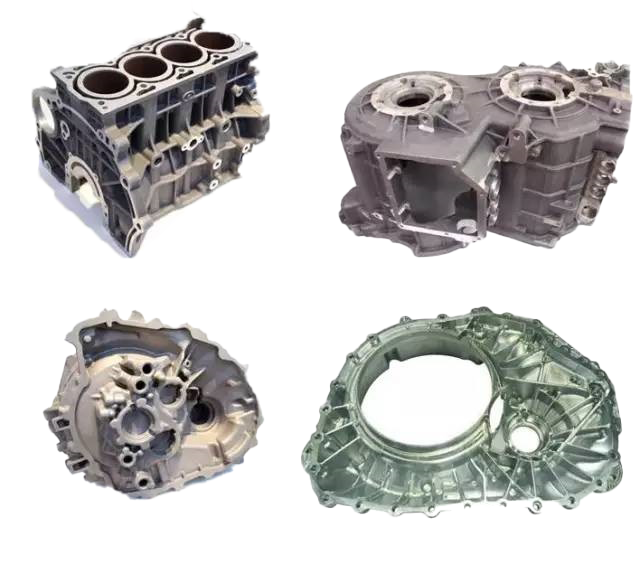Ошибка формата электронной почты
emailCannotEmpty
emailDoesExist
pwdLetterLimtTip
inconsistentPwd
pwdLetterLimtTip
inconsistentPwd

Новости
What Are the Benefits of Swiss-Machined Parts?
The CNC market is experiencing tremendous growth. One of the biggest factors is the proliferation of new types of machining, Swiss-type machined parts. The entire industry is referred to as Swiss-type machined parts. Many manufacturers are exploring the benefits and looking to use Swiss-type machined parts to gain greater efficiency and cut costs.
The CNC market is experiencing tremendous growth. One of the biggest factors is the proliferation of new types of machining, Swiss-type machined parts. The entire industry is referred to as Swiss-type machined parts. Many manufacturers are exploring the benefits and looking to use Swiss-type machined parts to gain greater efficiency and cut costs.

What are the benefits of Swiss-type machined parts?
To fully understand the advantages of Swiss-type machined parts, it is necessary to explore the nuances of the craftsmanship required for Swiss-type machined parts. The benefits depend largely on the design of the processing equipment.
There are many Swiss-type machining tools on the market, all of which have some major benefits. One of the best examples is the Swiss-style machining lathe. There are some differences between these types of lathes that may seem slight to the average layman. However, these differences are important in practical machining applications. One of the biggest differences is that the holding mechanism is not exposed to the bed or tools.
Better support for all stock materials: When turning any material with Swiss-type machining, it is important to ensure adequate support. If the material wobbles around, you will get a poor cut, and it may be uneven. This is probably the biggest benefit of Swiss-machined parts, which provide better support than conventional machining. The number of defective parts should be reduced due to the reduced risk of support material movement.
Excellent tolerances: Swiss-machined parts utilize a process called guide brushing. The biggest benefit is increased rigidity and thus higher tolerance levels.
Swiss-type machined parts can handle smaller parts: In many cases, mechanics want to handle smaller parts. Unfortunately, this is not feasible for standard machining. They will need to use more expensive machining processes such as laser cutting. Swiss-type machined parts are capable of handling very small parts, which means Swiss-type machined parts are often the most affordable option for emotional cutting. Swiss-type machined parts may be more cost-effective when working with smaller materials and allow for easier, more precise cuts.
How to correct deflection of Swiss-type machined parts?
The purpose of supporting the workpiece with the guide bushing is to maintain accuracy throughout the Swiss-type workpiece machining part.
A physical object under force will deflect. On conventional CNC machined parts, if the cutting force causes a large deflection, the cutting accuracy will be affected. A widely accepted rule of thumb is that on conventional CNC machined parts when turning parts with an aspect ratio greater than 3:1, a tailstock should be used to prevent excessive deflection. For ratios greater than 6:1, you will use a stabilizing cushion or a follow cushion to support the middle of the part.
If you hold the workpiece firmly on one end and push it sideways on the unsupported end, the workpiece will bend at an angle. Push a longer piece with the same force and it will bend more. In practice, the deflection for a given force increases as the cube of the distance from the support to the force is eight times the deflection.
For Swiss-type machined parts, the guide bushing supports the workpiece so close to the tool that deflection due to cutting forces is essentially zero. So you can make drastic cuts on Swiss-machined parts and still maintain precise dimensions.
Conclusion
For more information about the precision automatic lathe,tnrc in cnc lathe,5 axis swiss lathe, we are glad to answer for you.

